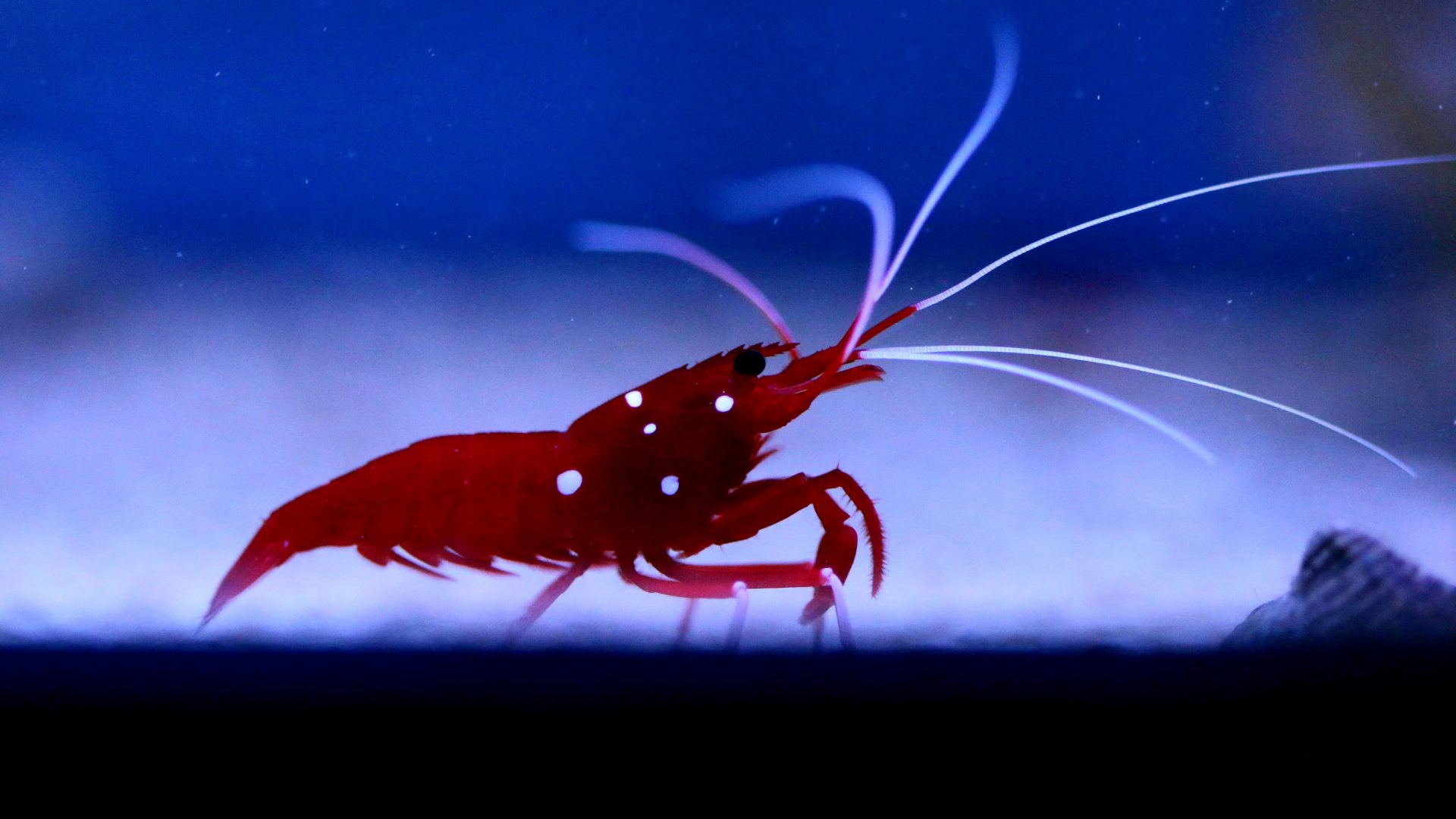The Environment Agency and Northumberland Rivers Trust have relocated hundreds of native crayfish from the abundant populations found in the River Wansbeck in Morpeth, to six refuge sites in North Northumberland.
These refuges, known as ‘Ark’ sites, give the crayfish new safe places to breed and build their numbers, ensuring several populations remain if disaster strikes on the main Wansbeck.
The River Wansbeck is one of the last remaining strongholds for the white-clawed crayfish, but the survival of the species is threatened by the invasive and highly aggressive American signal crayfish. Signal crayfish are bigger, outcompete for food and can pass on the ‘crayfish plague’ which is deadly to the native crayfish.
The signal crayfish, which originates from America, was introduced in the 1970s and can also burrow into banksides, causing increased siltation of watercourses.
Crayfish relocated during maintenance work
Native crayfish have recently been moved from the main River Wansbeck at Mitford and relocated to the Ark sites. The opportunity to move a large number of the crayfish has come as a result of maintenance works being carried out at Mitford Dam, which is part of the Morpeth Flood Alleviation Scheme.
The crayfish were collected by experienced and licenced staff using a combination of traps, stone turning and hand nets, all under a Natural England conservation licence.
It’s just one part of the wider Northumberland Crayfish Strategy, which also involves partners including the National Trust and Northumberland Zoo, to ensure 2022 isn’t the native species’ final year in the county’s rivers.
‘Very real danger’ of native species disappearing from rivers
The Environment Agency’s Ian Marshall, Biodiversity Technical Specialist in the North East and white-clawed crayfish National Species Lead, said:
We’re in very real danger of this native species disappearing from our rivers. These new Ark sites will give them a chance to breed and build new populations to help secure their long-term future.
It builds on the positive progress already made by ourselves and our partners in Northumberland to protect them.
Pete Kerr, Northumberland Rivers Trust, said:
While Northumberland’s rivers do have some of the best remaining populations of native crayfish in the UK, the invasive signal crayfish are a constant and imminent threat.
Many people haven’t seen a native crayfish but they are amazing creates that play a vital ecological role. We need to do all we can to shelter them from harm and these new Ark sites will play a key role.”



